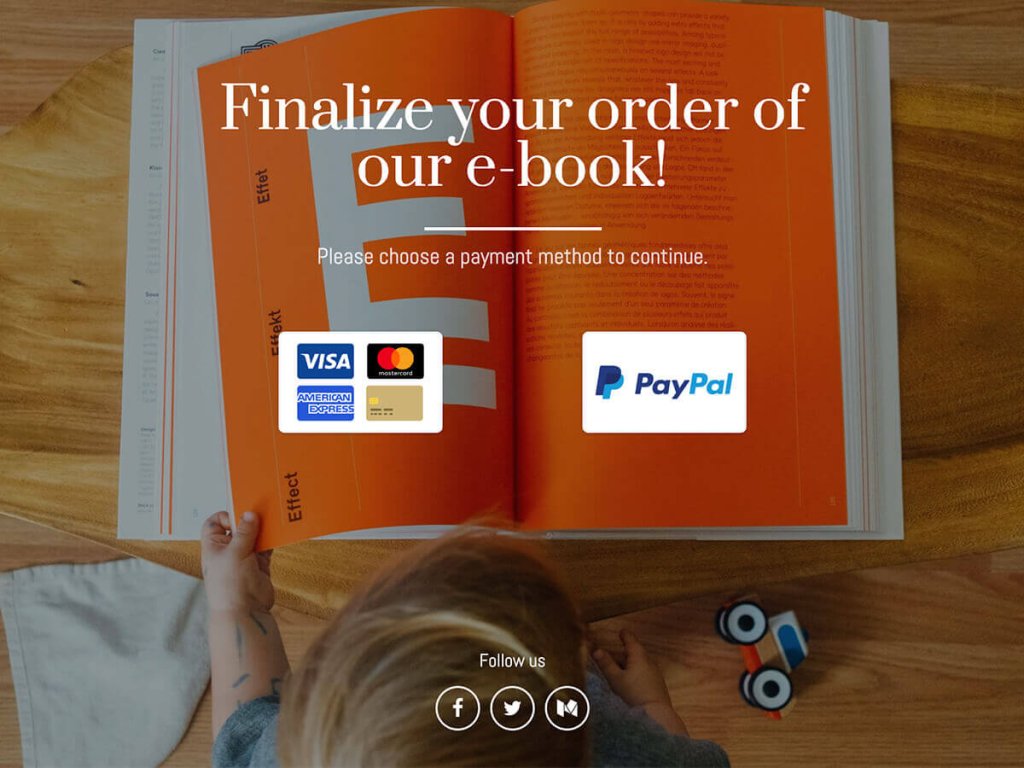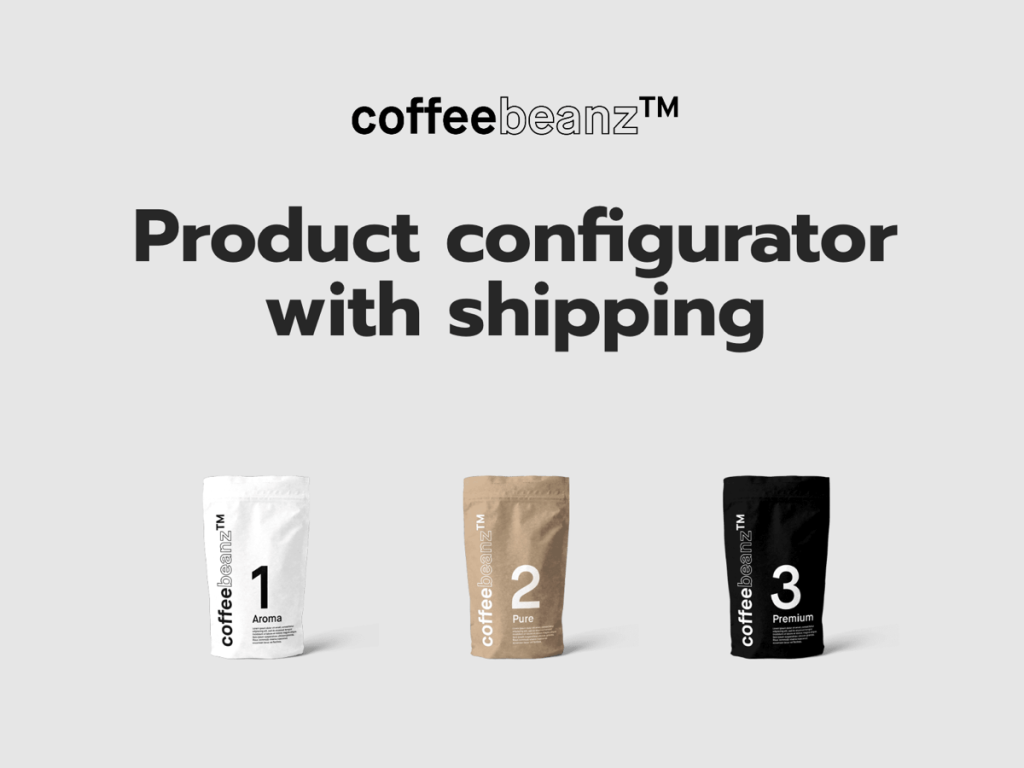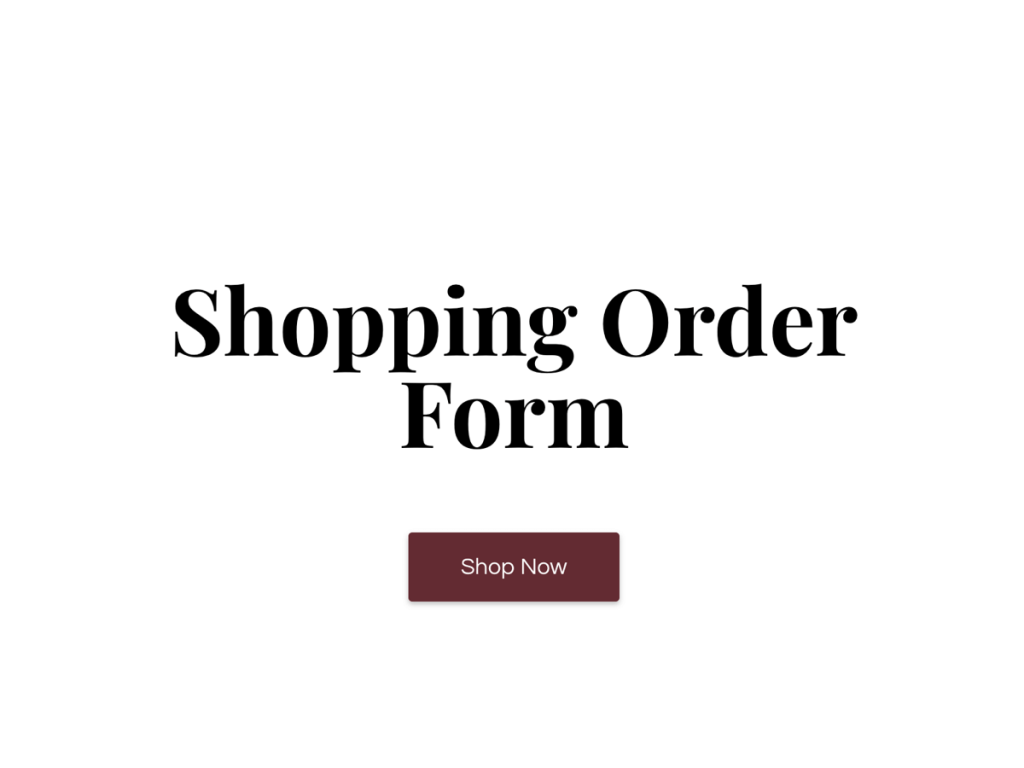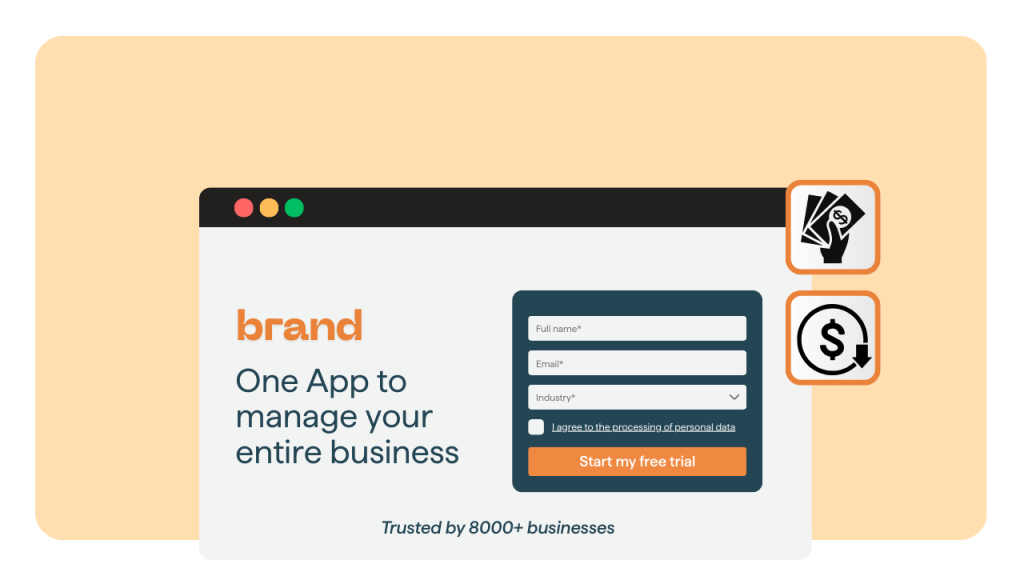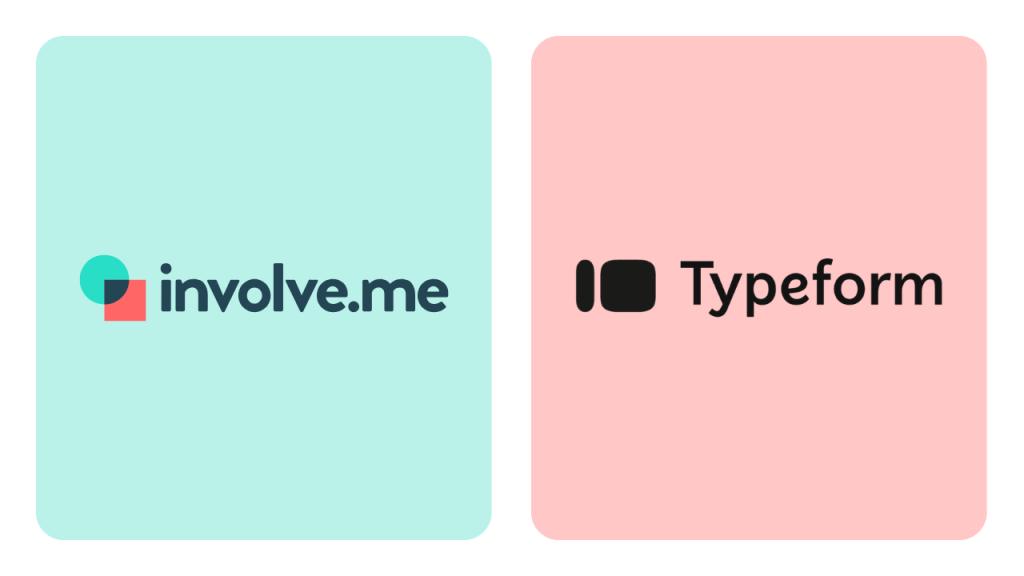Constant growth is an essential part of any business. Choosing the correct payment method for your business is the same as picking up clothes for a child. You consider the future requirements when doing so.
Start Accepting Payments Now Through Interactive Forms
Using One Of Our 300+ Payment Form Templates
Workshop Registration Form Template
Buy E-Book Template
Product configurator with shipping Template
Premium Newsletter Subscription Template
Flowers Order Form Template
Purchase Consulting Package Template
In a desperate attempt at unsophistication, many solutions risk being barebones that can't keep up with the growth of your business. So how do you determine the best payment method for your business? It all depends on your requirements, both current and in the future.
How to Choose the Best Online Payment Method?
Online payments methods have transformed from a peripheral concern to a necessity for any business. They cut costs, increase cash flow and simplify the accounting. While a few prominent players dominate the card industry, many online payment providers are available.
All of them are different and unique and bring about their distinctiveness to the game. Before choosing an online payment method, you'll need to consider a few factors:
Price: Most payment providers have three different costs. Setup cost, transaction fee, and monthly cost. Always compare and find the most cost-effective solution for your business.
Flexibility: How many payment methods are provided to the customer. Can they pay through cards or bank transfers?
Customer support: Should something go wrong, will the customer get help quickly? The longer it takes to solve issues, the more dissatisfied the customer.
Features: Does the payment provider have any unique feature that sets it apart from the competition?
Security: This is a high priority for any business. Since you will be dealing with sensitive information, you need to keep the customer's details safe. Failure to ensure proper security will lead to a loss of trust among customers.
Integration simplicity refers to how easily the payment system will integrate with your software. Easy integration can save time and effort by automating the billing and invoicing processes.
Best Payment Methods for Your Business
Accepting payments online is a crucial part of running a business. There are many ways for customers to pay and they all come with advantages and disadvantages. Here’s a closer look at the most popular payment gateways.
1. PayPal

It is considered to be one of the world's best payment providers. In business for more than 20 years, it has a range of products and solutions for different requirements. Customer support is available to solve problems every day of the week.
Users can also use email or chat for support. When it comes to security, PayPal is one of the safest payment methods. It uses 128-bit encryption using the secure socket layer (SSL) technology to encrypt all transactions automatically.
PayPal has fast payouts, invoicing tools, and a virtual terminal. It also sends payment reminders and retries failed transactions automatically. PayPal can be integrated into your business software. However, the ease of integration depends on which solution you've availed.
The standard payment system can easily be integrated without a developer. On the other hand, the pro version will require a professional developer to set it up.
Who is It For?
PayPal is best for e-commerce businesses that need a standard one for all payment processing solutions. It offers a safe and fast method of accepting payments. Most e-commerce platforms are compatible with PayPal checkout, so you can start processing payments quickly.
Pricing
PayPal requires no charges for setup or monthly fees. Other than that, it charges 2.9% and 30 cents for each transaction. Transactions under 10$ are charged with a 5% fee and a fixed amount that is dependent on the currency used. Depending on the size and frequency of the transactions, it can be expensive for small businesses.
What Type of Payments Does PayPal Accept?
PayPal users can pay in multiple ways. It accepts PayPal balance, Venmo, Bitcoin, AndroidPay, PayPal credit, debit or credit cards, and e-wallets.
Stripe

Created in 2010, stripe provides a simple way for businesses to accept payments. It offers the ability to accept payments with just a few lines of code. Its various products are used by several businesses worldwide. Stripe has a 24/7 incremental customer support system. This means that users cannot directly talk with a representative.
The first point of contact is email support. This is done to provide faster support. Stripe meets the standard PCI DSS requirements and is certified as a PCI service provider level 1. Stripe also uses fraud prevention tools such as Radar and 2-factor authentication.
Stripe easily integrates with hundreds of software and services across sales, e-commerce, marketing, etc. You can connect Stripe with them with just a few simple clicks. Stripe also has several features such as real-time reports, access to the dashboard, global payments, payment reminders, and automatic retry for failed payments.
Who is It For?
Stripe is great for international and in-app payments, startups, and small online businesses. Due to its easy-to-use nature and broad integration with software, everyone can easily set it up. It is also highly customizable without any prerequisite knowledge. Since it also supports in-person payments, an offline business can also use it.
Pricing
Similar to PayPal, Stripe has no setup or monthly fee. It has a flat price of 2.9% + 30 cents per transaction. There's an additional 1% fee for international transactions, and if currency conversion is needed, then another 1% fee is levied.
What Type of Payments Does Stripe Accept
Stripe accepts Payment from a wide range of methods. In addition to cards, Stripe also supports payments from AliPay, FPX, Google Pay, Sofort, Apple Pay, and many others.
Square

Square was developed in 2009 by Block Inc. It has email, live chat as well as phone support for customers. Square works with many third-party platforms like Wix, Weebly, etc. It also provides strong encryption on devices and does not store sensitive data on its client devices. It is also fully PCI compliant. Square has in-app payments, contactless cards, digital invoices, and shareable checkout links.
Who is It For?
Square is primarily suited for small and medium businesses. It provides them with a sales system and easy payment collection. The flexibility and simplicity brought by square make it perfect for such businesses.
Pricing
Square charges uniform pricing of 2.6% + 10 cents across all cards. There is no monthly or setup fee for using square. They also offer custom packages for volumes greater than 250K$.
What Type of Payments Does Square Accept?
Square accepts payments from all major credit and debit cards. It also accepts payments from virtual and physical gift cards and bitcoins.
Start Accepting Payments Now Through Interactive Forms
Using One Of Our 300+ Payment Form Templates
Flowers Order Form Template
Product configurator with shipping Template
Glasses Recommendation Funnel Template
Premium Newsletter Subscription Template
Buy E-Book Template
Shopping Order Form Template
Final Words
Remember to always keep ‘customer first’ in mind when going for a payment method. Ultimately the payment method you will go with will depend on the type of business you run and the customers. The best payment methods will always be affordable and qualitative.
If you are confused regarding your choices, remember to ask yourself some basic questions. Is it flexible enough? Will the customer have enough payment options? How good will the support be? What is the effort that goes into it? Once you've answered these questions, you will likely have found your payment method.



